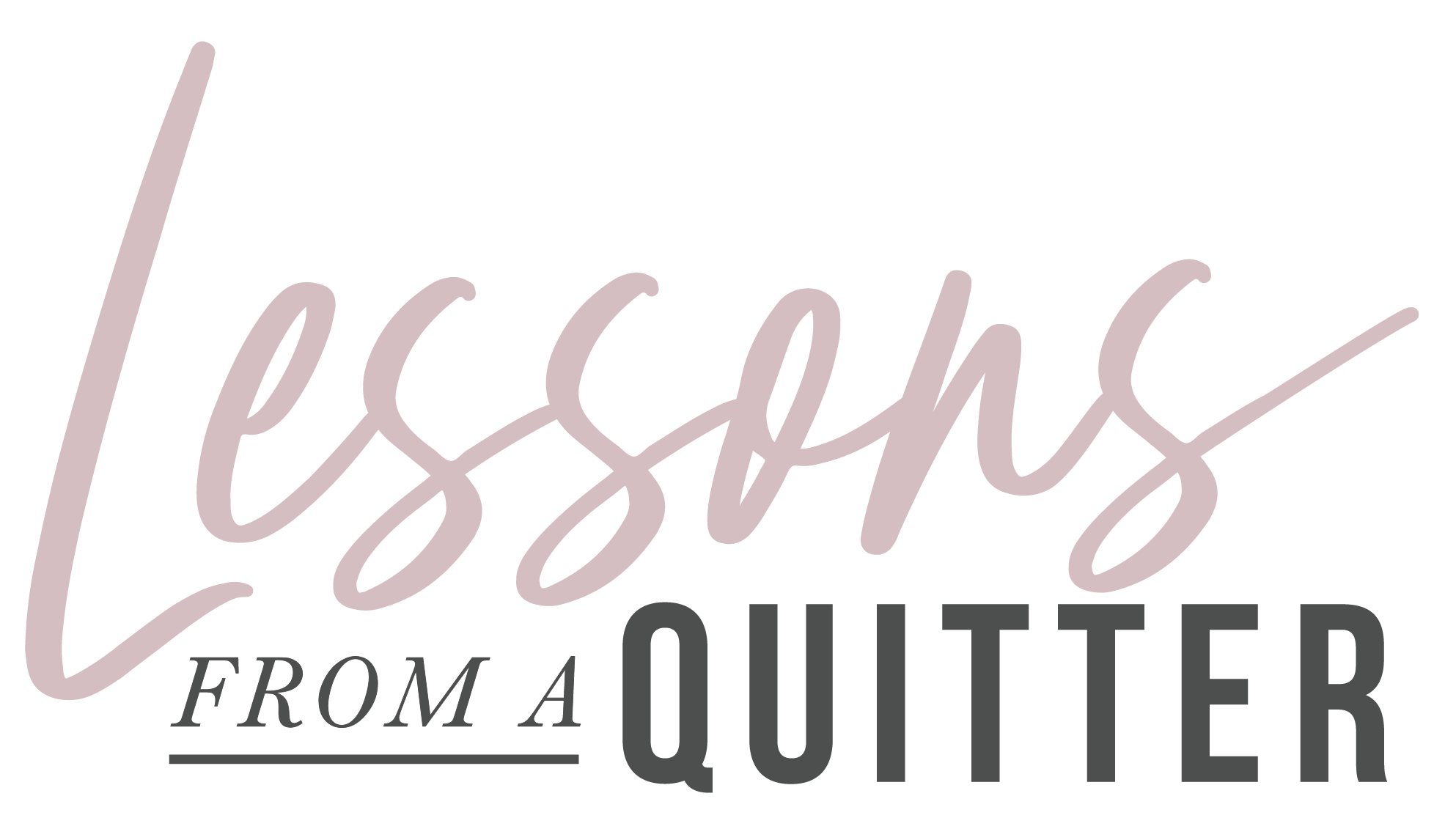Ever feel like you’re caught in a loop of setting goals that don’t quite hit the mark? As we gear up for 2024, it’s time to rethink our approach to goal-setting. I’m here to help you break that cycle with a game-changing question to reframe your goal setting. Society’s culture often nudges us toward goals that aren’t truly ours—like chasing a certain number on the scale or climbing a corporate ladder we don’t actually want. But here’s the kicker: it’s not the goals that are the problem, it’s our approach. This time, I want you to pick your goals from the answers you come up with to: What problems are you giving your brain to solve?
The need for challenges
The thing is, our nature is wired for perpetual growth. Our brains instinctively seek challenges. Even when life is smooth, this internal drive persists in our lives whether we realize it or not. While this instinct was honed over time for survival by identifying and addressing potential obstacles, we now use this instinct to build meaningful and fulfilling lives.
And while sitting on a beach and taking a weeks-long break can help with the burnout and daily stresses of our lives, we can be honest in the realization that we would soon be bored by this scenario if it never ended. Our brains crave more. It needs challenges, not necessarily in the form of work but as puzzles to solve and hurdles to overcome. Even in retirement, finding ways to keep your brain engaged is vital for continued wellbeing and to counteract mental decline.
Picking and choosing
I often emphasize the 50-50 aspect of life, acknowledging that problems are an integral part of the human experience, regardless of our circumstances. No matter what station in life you have, what resources you have, or where you are in your life, you’re going to face the full human experience. However, what’s helpful is understanding we can choose where some of the negative experiences and mountains we face come from. For those who don’t set intentional goals, the negative experiences and problems they face tend to be ones they haven’t consciously chosen—like boredom, unfulfillment, restlessness, inadequacy, and insecurities.
Consider this as you approach the upcoming year and decide whether to set goals. Reflect on the problems you want your brain to tackle. I’ve observed that when people avoid setting intentional goals and opt for an “easy” life, they inadvertently create different problems—problems within relationships, feelings of restlessness, bitterness, and unhealthy comparisons with others. Inversely, those actively working towards goals seem to avoid unnecessary drama in other areas of their lives.
While I don’t claim to have all the answers, I’ve noticed a pattern, even in my own business endeavors. Balancing growth and enjoying life is a constant dance. For example, when I’ve leaned into complacency, boredom creeps in, and I find myself breaking processes and operations in my business, seeking new challenges because my brain craves something to solve. It’s a reminder that, for some, intentional goal-setting keeps our focus in the direction of our choosing and tends to keep unnecessary drama at bay.
Dropping the stigma
To further your follow through on the problems you choose to solve, shift your focus from fixating on the end result. Consider how you might evolve as you become the person who reaches their goals. What challenges will you intentionally present to your brain daily, keeping it active and engaged, preventing idle thoughts from creating unnecessary problems?
Choosing goals with an emphasis on intentional growth, detached from the notion that your self-worth hinges on your success, transforms the goal-setting process. It becomes an exploration of your desires. It becomes a way to challenge and push yourself, unburdened by the pressure to achieve a specific result. Embrace goals as a means to continuously push your boundaries, providing your brain with new problems to solve.
Problem solving
As we approach the new year, consider which problems you wish to present to your brain. Will it be fear-driven, stemming from boredom, a random choice consuming your focus with wasted time and needless anxiety? Or will you opt for a deliberate, purposeful problem—acknowledge it could be tough, and allow your brain to explore the solutions? Trust me; this intentional approach yields the best results. And if you want accountability while you work though your goals and choose what problems to solve, you can join me in the Quitter Club.


